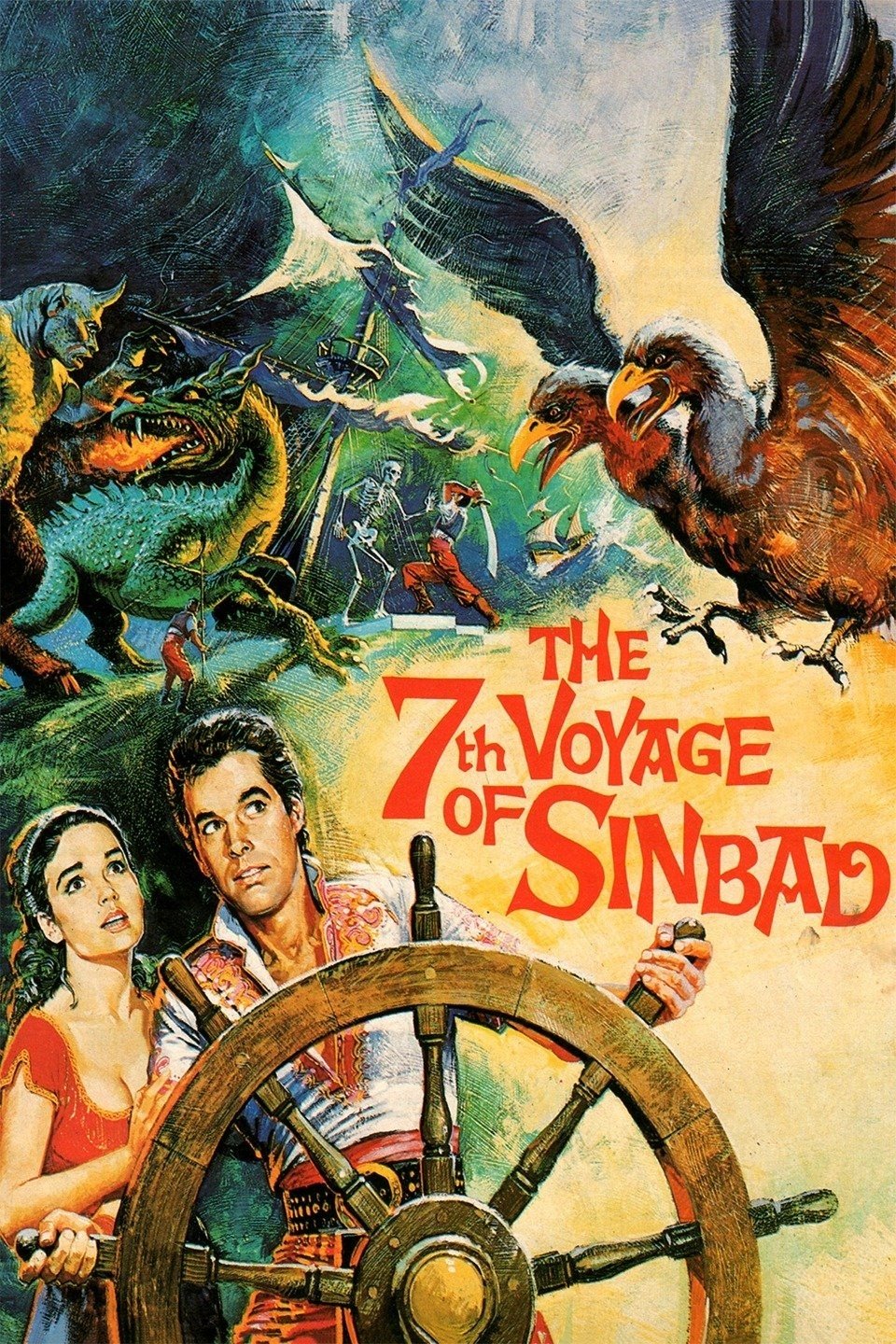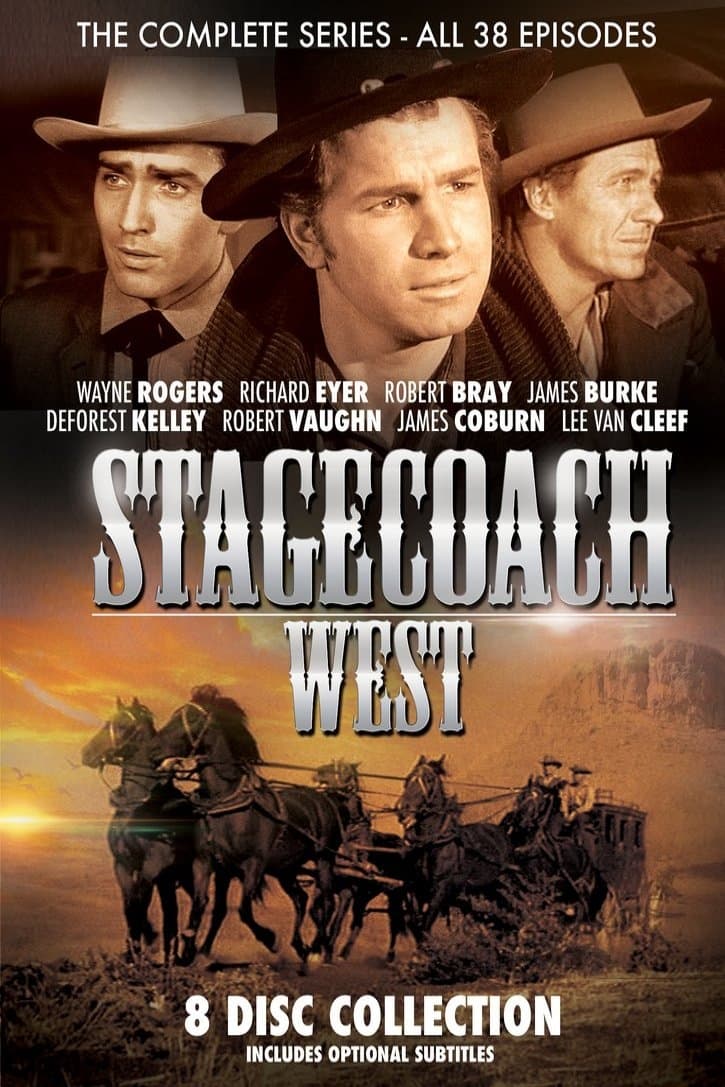Richard Eyer
-
1958

The 7th Voyage of Sinbad
The 7th Voyage of Sinbad6.926 1958 HD
When a princess is shrunken by an evil wizard, Sinbad must undertake a quest to an island of monsters to cure her and prevent a war.
![The 7th Voyage of Sinbad]()
-
1961

Stagecoach West
Stagecoach West6.0 1961 HD
Stagecoach West is an American Western drama television series which ran for thirty-eight episodes on the ABC network from October 4, 1960, until June 27, 1961. Characters Luke Perry and Simon Kane operate the Timberland Stage Line from fictitious Outpost, Missouri to San Francisco, California. Simon's 15-year-old son, David "Davey" Kane, joins the two as they face stagecoach robbers, murderers, inclement weather, and human interest stories. Perry and Kane, who are both deputy U.S. marshals, had been on opposite sides of the American Civil War; Kane, a captain in the Union Army, while Perry had fought for the Confederate States of America. The one-hour black-and-white program was offered at 9 p.m. Eastern on Tuesdays opposite NBC's Thriller, hosted by Boris Karloff, and CBS's The Red Skelton Show. Rogers became well-known a dozen years later on M*A*S*H, and Bray later portrayed the forest ranger Corey Stuart on Lassie from 1964–1969, both on CBS. Child actor Richard Eyer had starred in a number of films in the 1950s, including Friendly Persuasion and Desperate Hours. Stagecoach West was produced by Dick Powell's Four Star Television. It is believed that the series was cancelled despite the high quality of its production because of the glut of westerns on television at the time that it aired. The same fate had fallen on CBS's Johnny Ringo, a 1959 one-season spin-off of Dick Powell's Zane Grey Theater.
![Stagecoach West]()
-
1957

Cavalcade of America
Cavalcade of America3.25 1957 HD
Cavalcade of America is an anthology drama series that was sponsored by the DuPont Company, although it occasionally presented a musical, such as an adaptation of Show Boat, and condensed biographies of popular composers. It was initially broadcast on radio from 1935 to 1953, and later on television from 1952 to 1957. Originally on CBS, the series pioneered the use of anthology drama for company audio advertising. Cavalcade of America documented historical events using stories of individual courage, initiative and achievement, often with feel-good dramatizations of the human spirit's triumph against all odds. This was consistent with DuPont's overall conservative philosophy and legacy as an American company dating back to 1802. The company's motto, "Maker of better things for better living through chemistry," was read at the beginning of each program, and the dramas emphasized humanitarian progress, particularly improvements in the lives of women, often through technological innovation.
![Cavalcade of America]()



